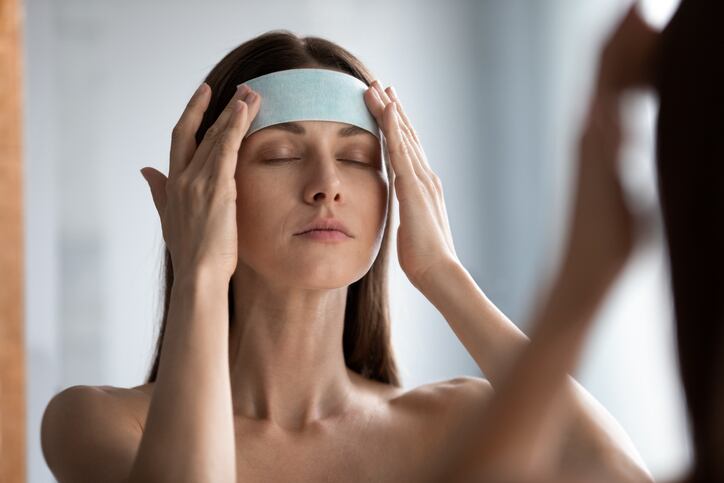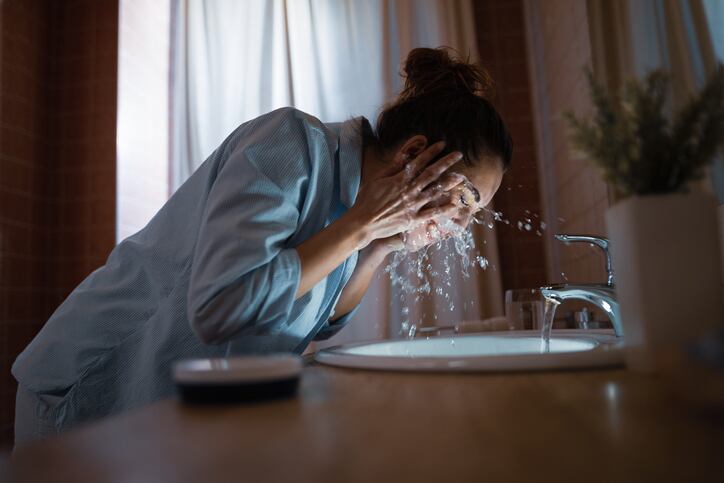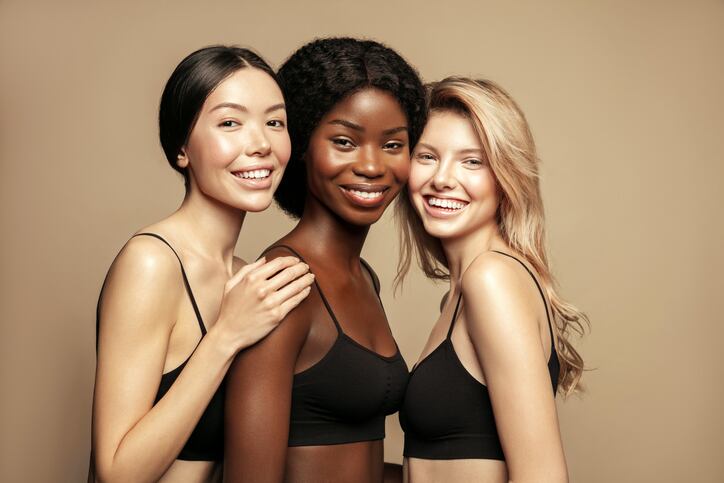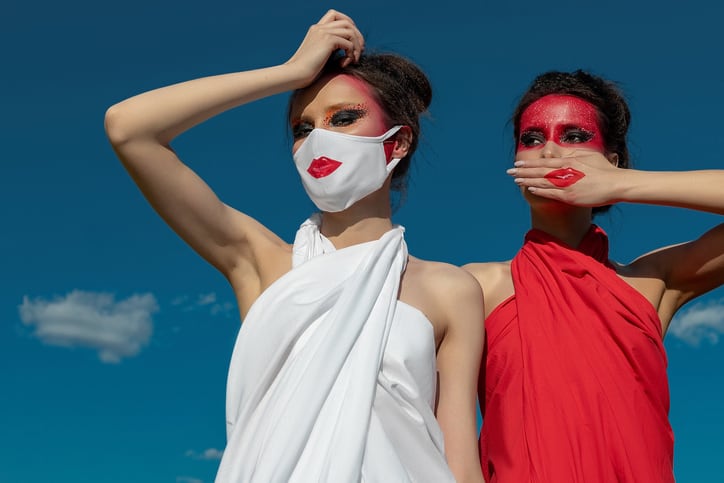There was now no doubt the coronavirus (COVID-19) pandemic had carved out, accelerated and changed consumer behaviours in beauty. And according to a Mintel survey, conducted across 35 markets in July 2020, 70% of Italian consumers now said they were actively seeking ways to reduce stress. In Ireland, 37% of consumers were interested in beauty products that helped them relax, and in Spain, 30% of women were using their beauty routines to reduce stress levels following the COVID-19 outbreak.
“The concept of total wellness has become integral to beauty routines,” said Andrew McDougall, associate director of global beauty and personal care at Mintel.
As ways of living had been challenged during COVID-19, McDougall told CosmeticsDesign-Europe wellness and wellbeing had become more relevant than ever in the beauty space, with consumer expectations and needs rising sharply - continuing on from early shifts when the crisis first started last year.
Trust and engagement – beauty brands should be a ‘companion for consumers’
“As stress and mental health take over the conversation, brands have an opportunity to build normalcy through routines with consciously created products that keep consumers protected, bring value to purchase decisions and rebuild trusting brand relationships,” he said.
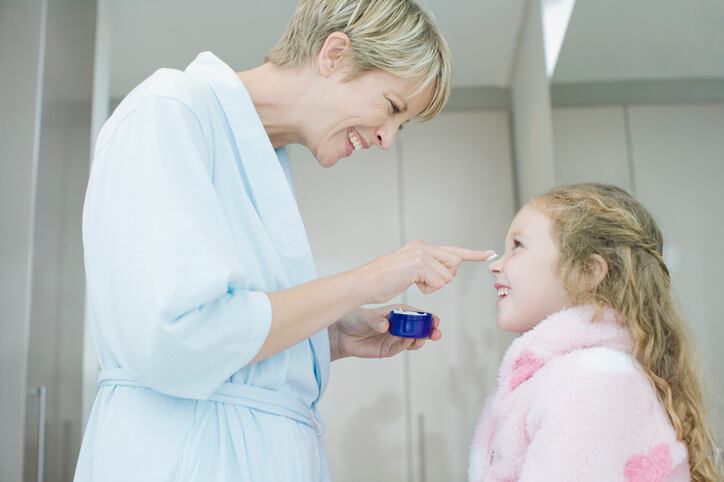
Consumers purchased beauty items from brands they trusted and felt reassured by, he said, so building and rebuilding this through communities, engagement and experience had to be “high on the agenda” for industry.
“…In unprecedented times, having a sense of ‘normality’ can be really powerful; mentally and emotionally. Brands should focus on being that companion for consumers.”
But, within all of this, what exactly did ‘wellness’ and ‘wellbeing’ mean for beauty consumers today?
Beauty wellness in 2021 – a one-size-fits-all approach ‘no longer enough’
“Wellbeing encompasses the most fundamental basic needs, and the way consumers process decisions for their wellbeing is both direct and indirect,” McDougall said.
The wellbeing trend in 2021, he said, would be focused on how holistic health had changed as a result of the COVID-19 pandemic; the importance of mental health; and personalisation through technology. “A one-size-fits-all approach is no longer enough.”
Safety concerns had also been thrust into the spotlight amidst the crisis, McDougall said, meaning it was increasingly important for beauty brands to focus on the safety profile and functionality of products with language that remained “authentic, clear and simple”.
Online would continue to be critical to this, he said, as the browsing experience of consumers set the tone for any brand interaction.
Fitting into the wellness narrative – mind-body-spirit connectedness the future
The holistic nature of wellbeing guaranteed the concept a “consistent place in brand messaging”, McDougall said; it was then up to individual brands to work out where they fitted into the narrative.
For example, ‘self-care’ was extremely broad and could apply to any decision, whereas functional ingredients were designed with a “clear and direct purpose”, he said.
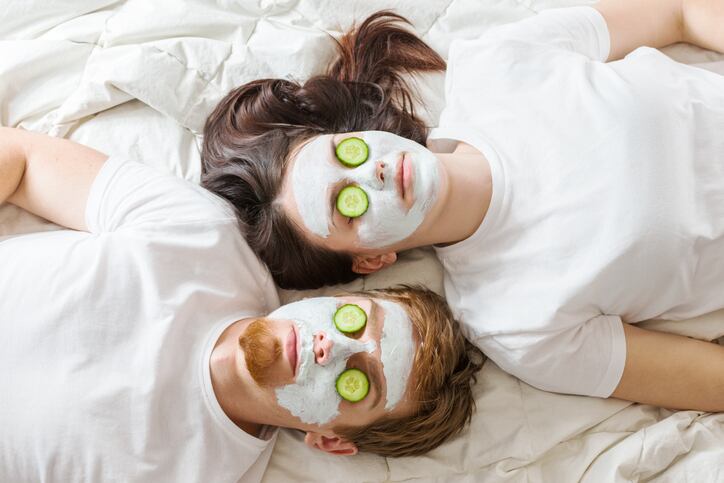
As the wellness and wellbeing trend evolved further, future focus would encourage the “protection panacea” as consumers looked for complete solutions that covered physical health and in turn impacted mental health by boosting confidence and reducing stress and worry about potential health risks, McDougall said. And protection would eventually stretch far beyond pollution, edging into immunity claims that encompassed both internal and external approaches, he said.
“The future of holistic wellness will incorporate mind-body-spirit connectedness but with measurable results bringing more credibility to less tangible wellness claims.”
Beauty beyond transparency needs realistic claims and results
Technologies that measured brain activity, for example, for “quantifiable results about the external and internal human biosphere” could provide this, he said.
“…Brands must go beyond just talking about transparency and prove it with realistic claims that offer results,” McDougall said. The future of holistic wellness in beauty had to be about “helping consumers move beyond decision paralysis as they weigh the potential health risks of every decision”, he said.

